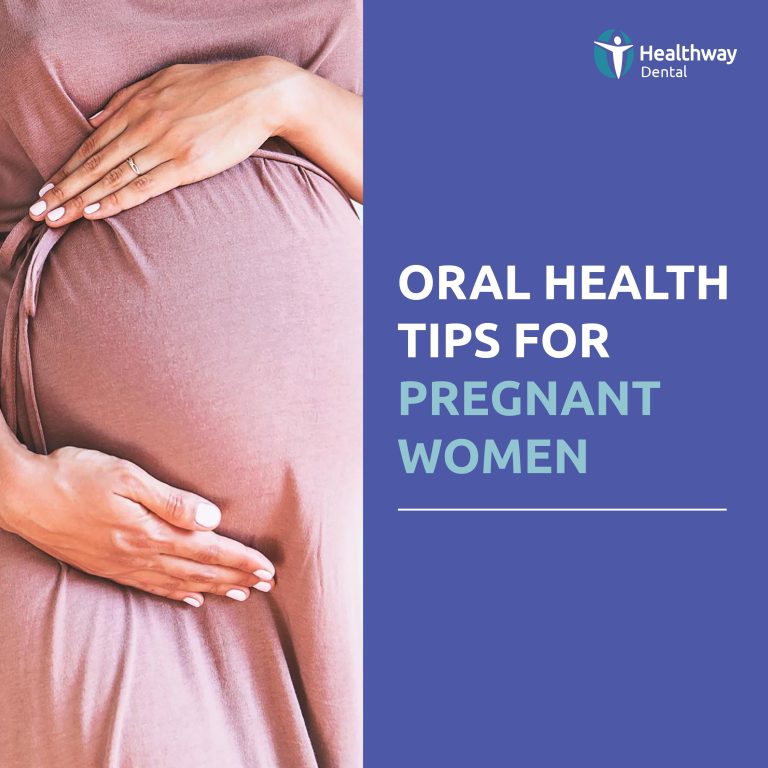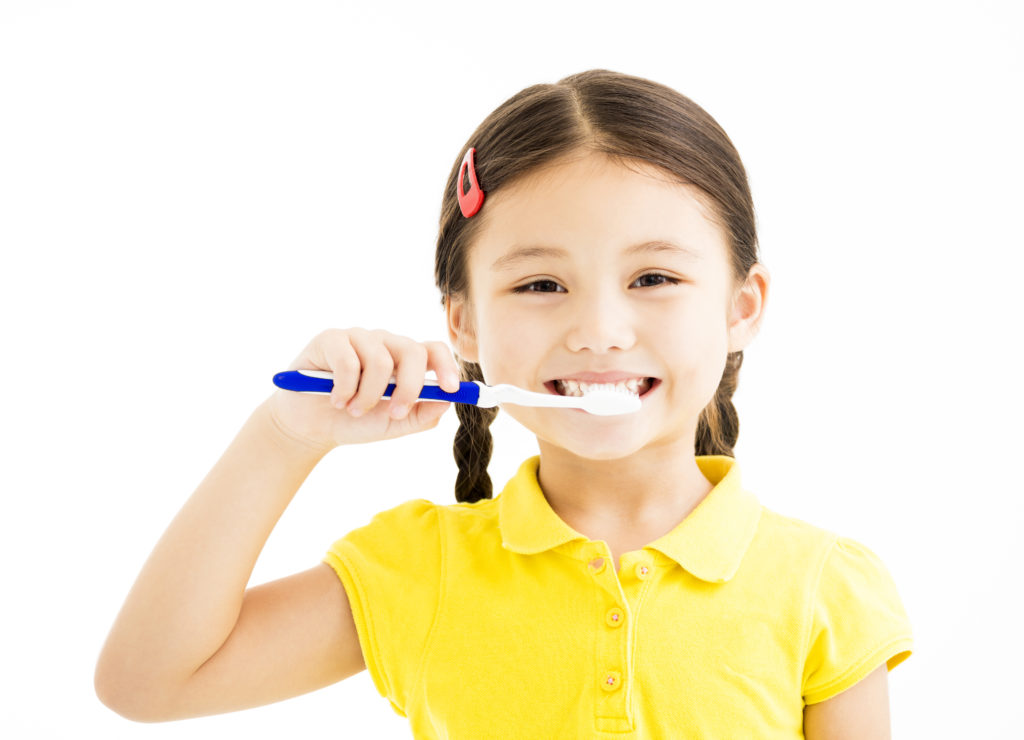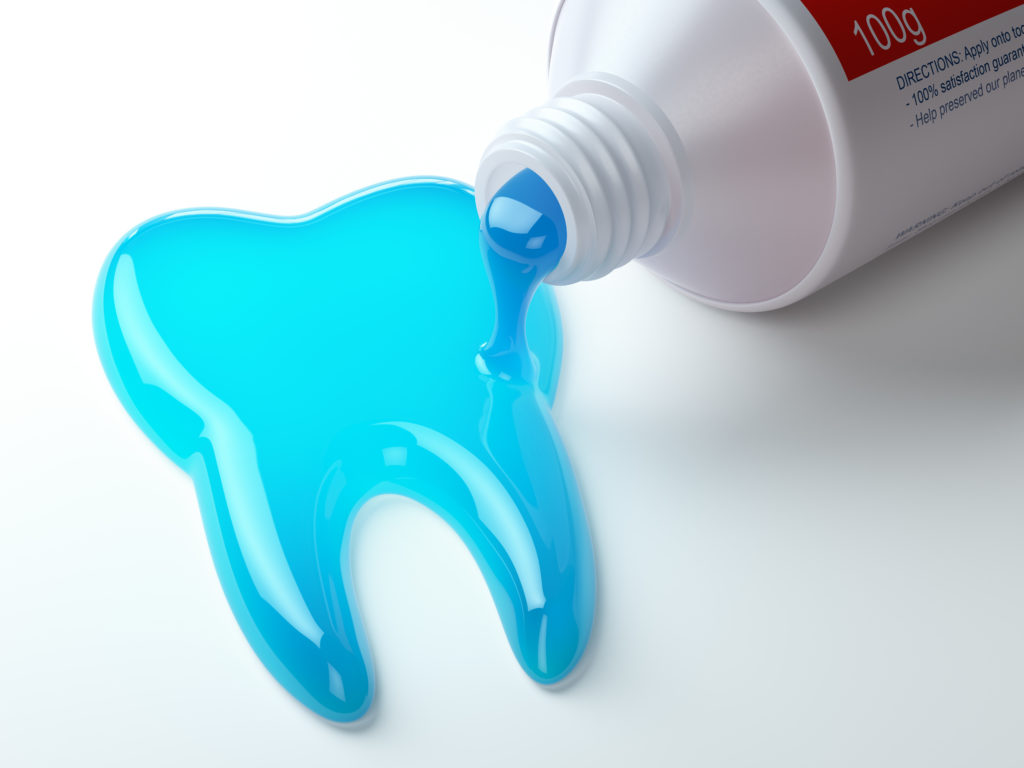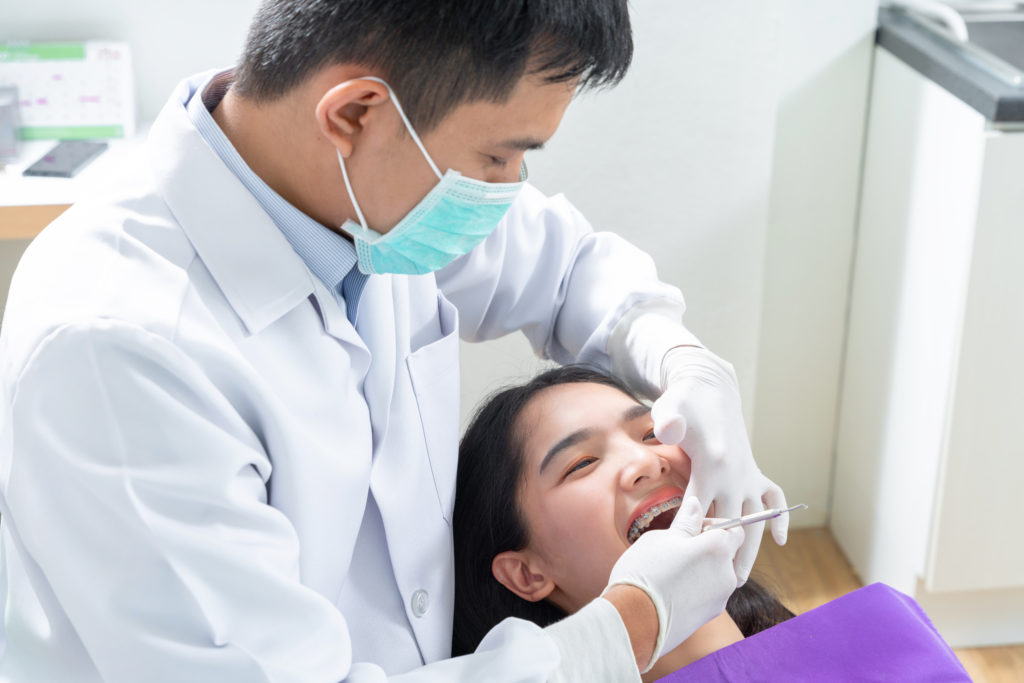Knowledge put into action
It’s often said that prevention is better than cure. And when it comes to your dental health, it’s a sound strategy to follow.
Considered to be the foundation of our care, our Preventive Care services are at the heart of everything we do and everything we believe about dental hygiene.
Through these services, we educate our patients on the importance of practising good dental hygiene. By making a simple commitment to attending two dental check-ups a year, you get to nip any dental issues in the bud. Taking this proactive action, you stave off years of restorative complications and benefit from a comprehensive cleaning and polishing twice a year that you can’t master at home.
Our dentists are all trained in Child Dentistry so we can help you start your little ones off on the right path to a lifetime of good oral hygiene. They’ll have a positive and fun introduction to the benefits of coming for that biannual visit to the not-so-little black chair.

ORAL HEALTH TIPS FOR PREGNANT WOMEN
The best time to have dental work done (like cavity fillings) is during the second trimester of your pregnancy (between the 4th and 6th month).

CHILD DENTISTRY
Your child’s first visit to the dentist should be a positive one so that they learn to see visits to the dentists as a normal part of life from an early age. Our dentists are trained to provide a supportive and non-threatening environment for your child at every visit. We recommend that the first visit should be around three years of age when your child has all their 20 milk teeth.
FLUORIDE TREATMENT


REGULAR CHECK UPS
SCALING & POLISHING





